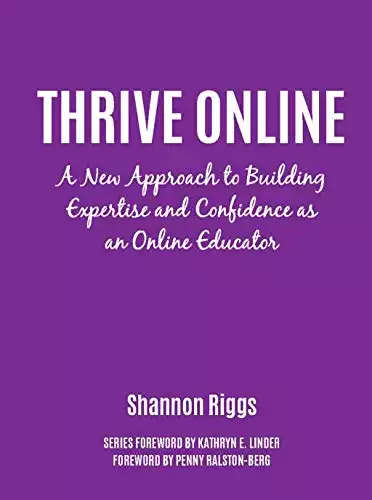We may receive compensation when you click on links to products from our partners. For more information, please see our disclosure policy.
Educating others comes with many advantages such as feeling great about your fulfilling work and being able to express your passion towards your craft or expertise. Unfortunately, the number of possibilities in the educating space makes it difficult for someone to make a living outside of working as a teacher or lecturer.
Thankfully, the modern-day has offered us many unique benefits when it comes to creating a more profitable career through teaching. But what does it take to switch from being a teacher to an online educator?
You won’t see your students face-to-face
Your students are going to be online looking at your materials through their computers, so it can be quite a change to realize you can only interact with them through text or voice on the internet.
You’ll be planning all of your materials ahead of time
Planning is incredibly important because all of your courses need to be prepared ahead of time, making this a key factor in how much money you could potentially earn.
You may need to get comfortable in front of a camera
Most online educators teach courses in front of a camera and offer them as video recordings or even live lectures, meaning you can’t be camera shy if you want to have the best opportunities.
You need to have some kind of credentials
People won’t listen to you if you don’t have proven credentials, making this one of your top priorities.
You should be willing to advertise your services
An online educator needs to be willing to advertise their services if they want to grow their audience, meaning you should be active on social media or have a blog that can tie in with your courses.
You should be willing to use different technologies
Below, we’ve included a list of different learning management systems to help explain why you need to use different technologies when you’re an online educator.
The Best User-Friendly learning Management Systems
Thrive Online: A New Approach to Building Expertise and Confidence as an Online Educator is an invitation for the rising tide of online educators who are relatively new to teaching online, and also for those more experienced instructors who are increasingly frustrated by the dominant bias against online education.





